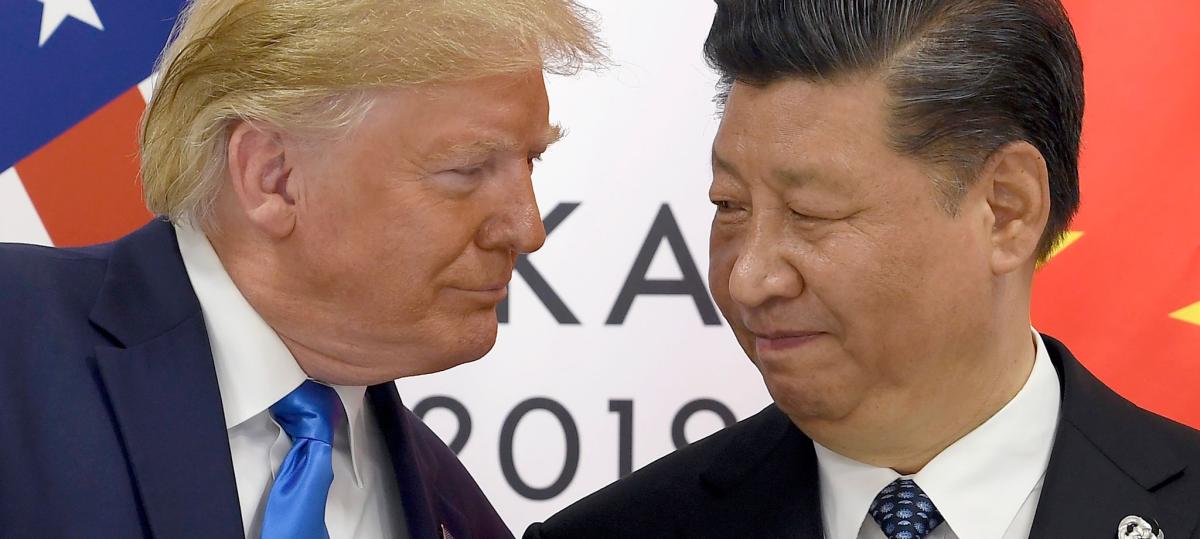What if others can listen to?

In the train, in the café or even on the playground: If you take part in a professional video call in public, you can often hardly avoid that others can watch or at least partially listen to. Even with headphones. What should be considered in such situations?
« In general, this is difficult and it depends crucially on the content of communication, » explains Jakob T. Lange, specialist lawyer for labor law in Wiesbaden.
If the participants of a professional discussion from third parties can be seen, the General Data Protection Regulation (GDPR) comes into play. According to the regulation, everyone would need consent in such a case. In particular, the other participants would have to point out that they can be perceived by third parties in this situation.
It is always problematic when personal data is discussed. The naming of a name with a view to data protection can already be relevant because it is personal information.
According to Lange, it is therefore not recommended that, for example, superiors during a train journey with employees their vacation planning, parental leave or salary increases and even visible to others. Especially if the relevant personal data become known without the employees being consent to a corresponding public mention.
Violations can have consequences
But it is not just personal data that can become a problem. Corporate data can also be just as sensitive. Most of the time there is a confidentiality clause in the employment contract, according to the specialist lawyer. This prohibits it to reveal non -generally known business matters.
In order to prevent such behavior, employers often have provisions on data protection or guidelines on information security that employees have to consider, especially when working. For example, eye protection films or software solutions can be prescribed that protect the screen contents from the eyes of third parties.
Anyone who violates the employer’s data protection requirements may have to accept labor law consequences – always depending on the circumstances of the individual case. They can range from a warning to (without notice).
If confidentiality clauses are not observed from the employment contract, this can also justify a proper or extraordinary termination of the employment relationship. Under certain circumstances, there may even be an obligation to pay compensation.
To the person: Jakob T. Lange is a specialist lawyer for labor law and a member of the executive committee of the Working Group on Labor Law in the German Lawyers’ Association (DAV).







